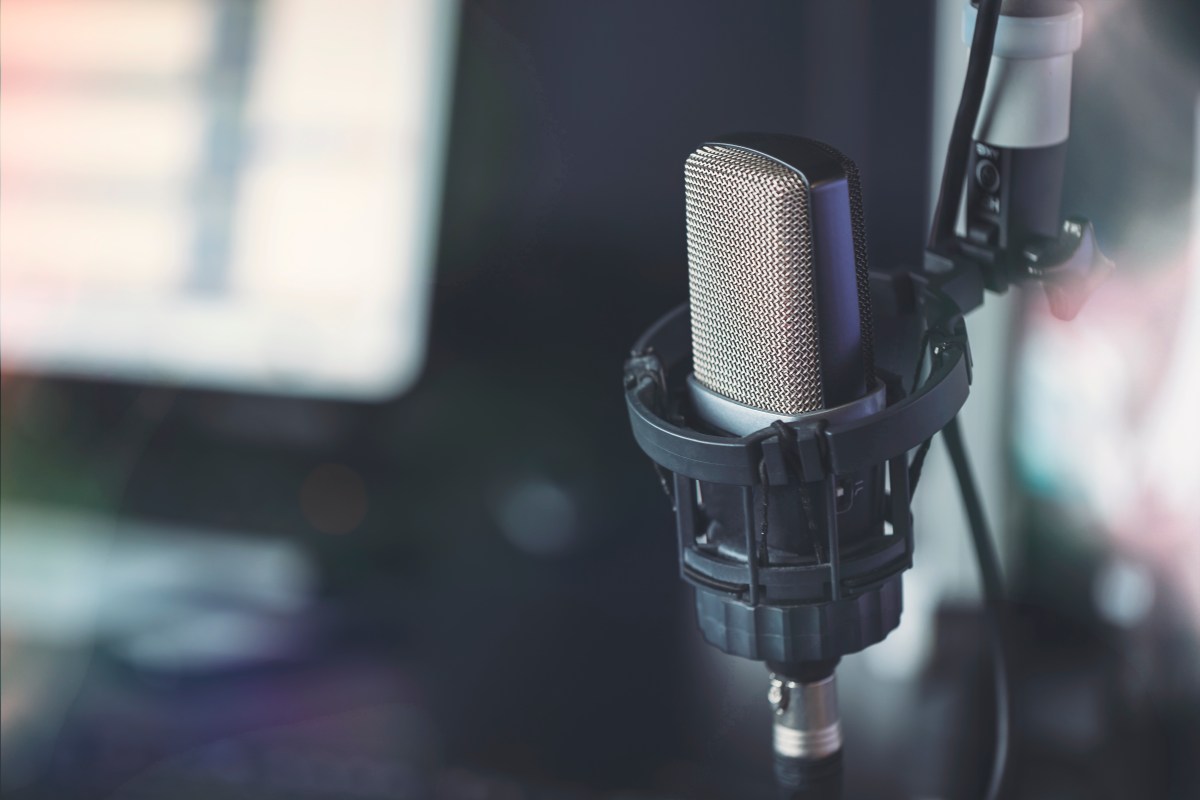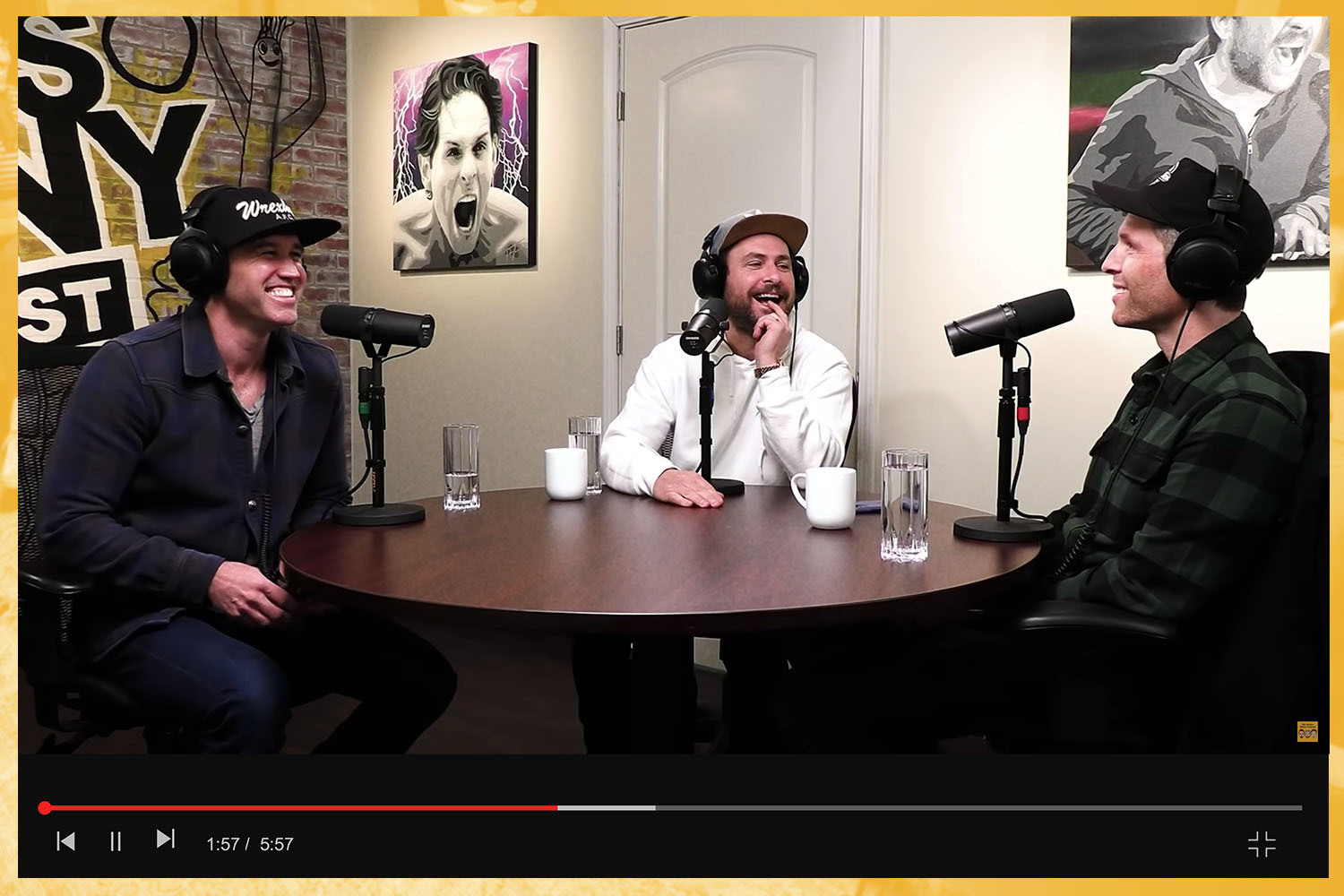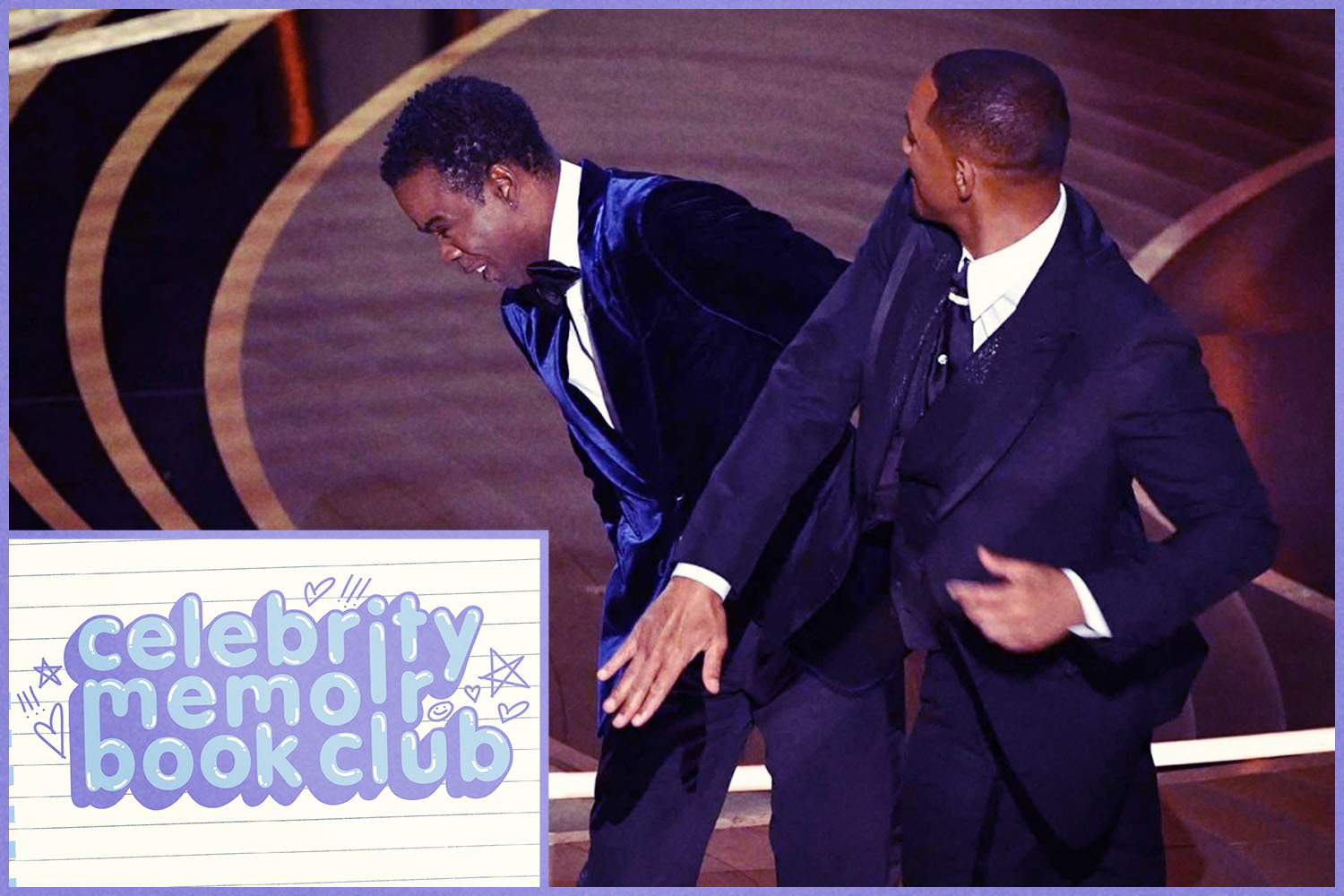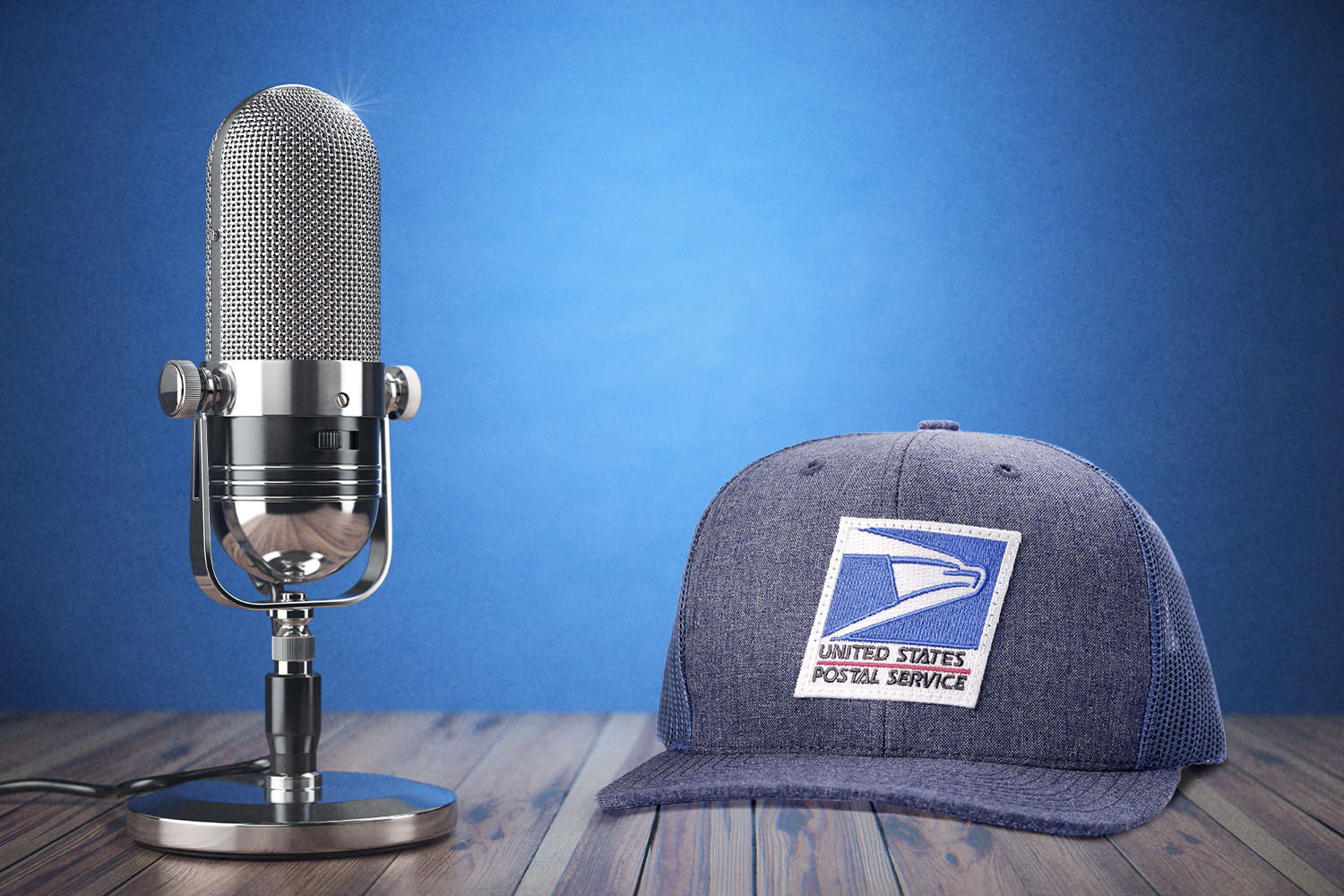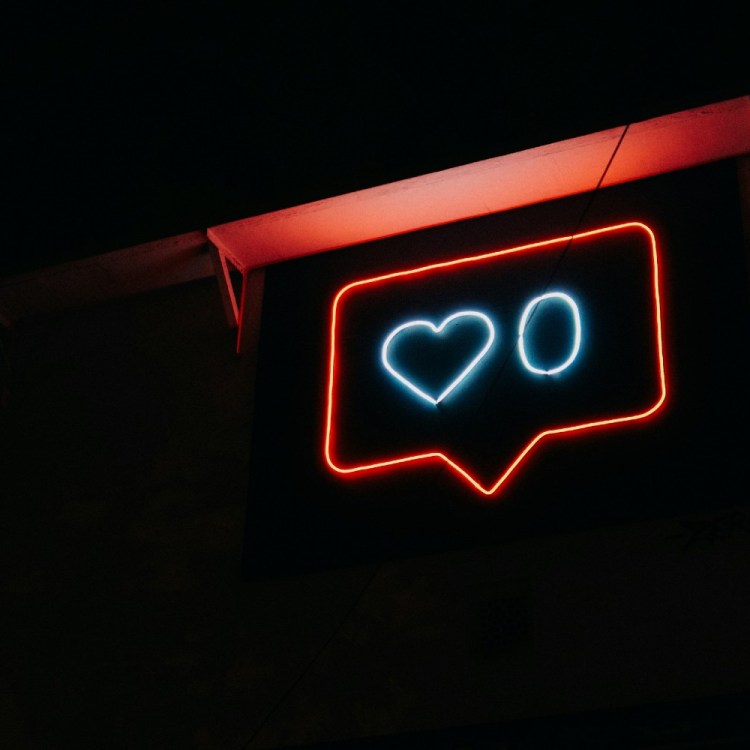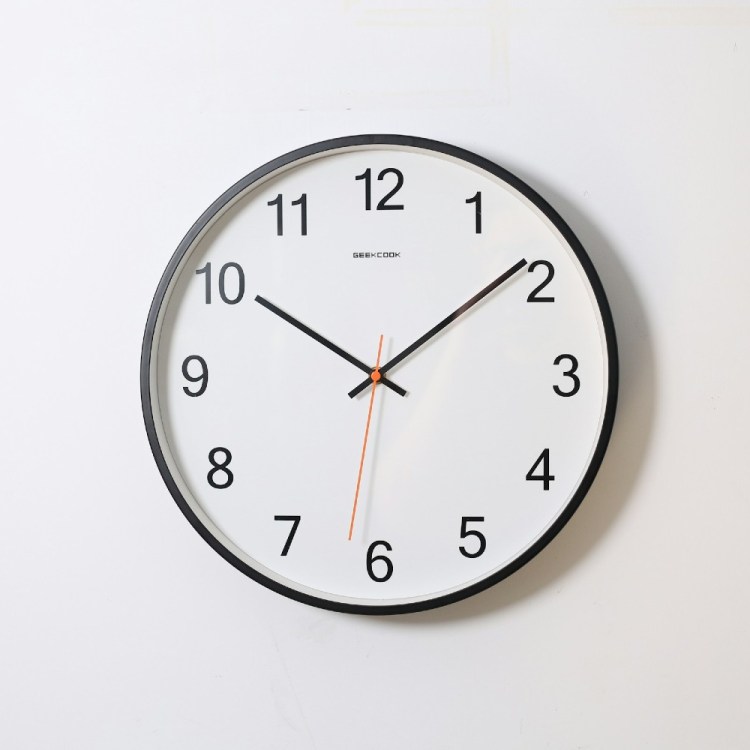Most of us hammer the 15-second fast-forward button the second a podcast runs an advertisement. No one cares about State Farm’s “surprisingly great rates” in the midst of a morning commute, especially when the real content is a fascinating interview with an entrepreneur, chef or biohacker.
But those entrepreneurs, chefs and biohackers could be an hour-long advertisement unto themselves, according to a recent report from Bloomberg, which details the little-known underworld of pay-to-play podcasting.
A number of podcast hosts, and particularly those in “wellness, cryptocurrency, and business,” have made a habit of charging guests tens of thousands of dollars for the right to appear on their platform. While there’s no set rate — the cost will vary depending on a guest’s pre-established notoriety, along with the notoriety of the show itself — the industry experts who spoke to Bloomberg estimate that “podcasters charge $100 to $150 per thousand listeners of their program.”
Perhaps this shouldn’t be so surprising. Every other platform we consume en masse is now rife with hustlers, shills and self-promoters, all eager to turn a tiny investment (paying for Facebook ads, selling classes on LinkedIn, etc.) into a payday down the line. We’re also accustomed to seeing digital media ventures transition to affiliate-based revenue models, and influencers putting together DIY advertising packages on Instagram and TikTok. Do all of these creators really swear by “the last pair of flip-flops you’ll ever need”? No. It’s just advertising.
Now, murky dealings among podcast guests are contaminating what listeners assumed (because they had no reason to think otherwise) were organic arrangements and genuine conversations. It’s unlikely to stop anytime soon; the system will just become more robust, as services that coordinate such transactions (like Guestio, noted by Bloomberg) continue to grow.
On one hand, you can understand the appeal for podcast hosts. They get to populate their content calendars way ahead of time, and thoroughly vet and select guests who have every incentive to deliver a winning interview on the show. Plus, it lightens their quarterly reliance on schmoozing companies that are wondering where to spend their ad dollars.
Still, editorial integrity is important. If it doesn’t matter to the podcasters themselves, it should at least matter to you. Don’t be afraid to engage in a little sleuthing, especially if your favorite podcast is in the wellness, crypto or business space. At the beginning or end of an episode, does the host deliver a vague sentence on an exchange of services? Throughout, does the host seem particularly one-sided or adoring of the guest’s ventures? And after the podcast airs, is the guest trying to sell something in every Instagram post about the appearance?
Podcasting is already expected to balloon to a $4 billion industry in the next two years. It’s understandable, with that much money going around, that people want a slice of the pie. But there are only so many hours of you-time that you get to have in a day. Don’t waste them listening to two men manipulate you into buying a multivitamin.
Thanks for reading InsideHook. Sign up for our daily newsletter and be in the know.
